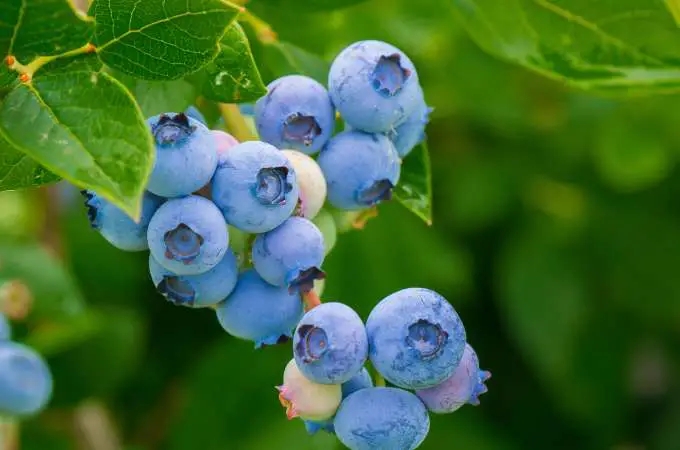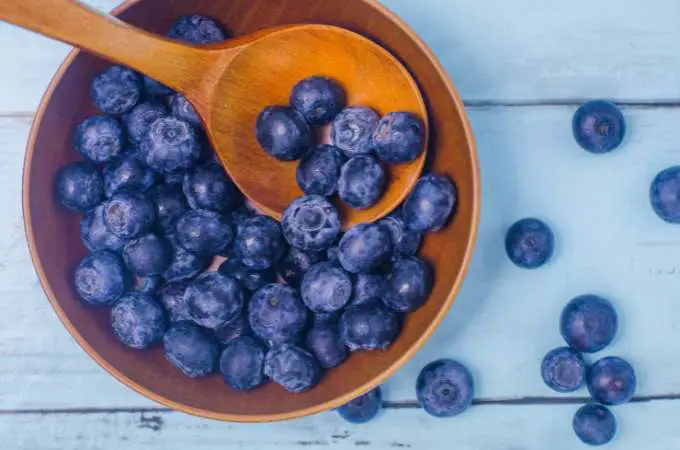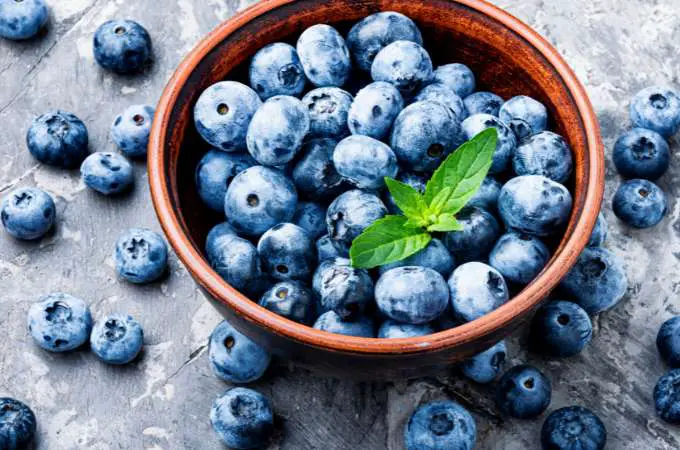
Sugar gliders, small marsupials native to Australia, New Guinea, and certain parts of Indonesia, have unique dietary requirements. In the wild, their diet consists of a variety of foods, including nectar, fruit, insects, and even small birds or eggs. For pet sugar gliders, a balanced diet is crucial for their health and well-being. A common question among sugar glider owners is whether they can safely include certain fruits, such as blueberries, in their pet’s diet. This article explores the compatibility of blueberries with the dietary needs of sugar gliders.
Nutritional Benefits of Blueberries for Sugar Gliders
Blueberries are known for their high nutritional value, being rich in vitamins, minerals, and antioxidants. They contain vitamin C, vitamin K, and manganese, which are beneficial for the overall health of sugar gliders. The antioxidants in blueberries, especially flavonoids, contribute to improved immune function and can reduce inflammation. For sugar gliders, these nutrients are essential for maintaining good health, supporting a robust immune system, and ensuring proper growth and development.
Possible Risks and Precautions
While blueberries are nutritious, there are some precautions to consider. Sugar gliders are sensitive to changes in diet and too much fruit can lead to health issues like obesity or diarrhea. Blueberries should be given in moderation, as part of a balanced diet that includes a variety of other foods. It’s also crucial to ensure that the blueberries are fresh and free from pesticides or chemicals, which could be harmful to sugar gliders. Washing the fruit thoroughly before offering it to your pet is always a good practice.
Quantity and Frequency of Blueberry Consumption
Determining the right amount and frequency of blueberry consumption is important. As a general guideline, blueberries should only make up a small portion of the sugar glider’s overall diet. A few blueberries, once or twice a week, is sufficient. This helps prevent nutritional imbalances and ensures that your sugar glider receives a varied diet that meets all its nutritional needs.
You might also like: Can Sugar Gliders Eat Cucumbers?

Incorporating Blueberries into a Sugar Glider’s Diet
Introducing blueberries into a sugar glider’s diet should be done gradually. Start with a small piece to see how your pet reacts. If there are no adverse effects, such as gastrointestinal upset, you can slowly increase the amount. Mixing blueberries with other safe fruits and staple sugar glider foods can provide a well-rounded diet. Remember, the key is variety and moderation.
Understanding Blueberries in a Sugar Glider’s Diet
While blueberries are a nutritious choice, it’s essential to understand their place in a sugar glider’s diet. These marsupials thrive on variety, and relying solely on one type of fruit can lead to nutritional deficiencies. Incorporating a range of fruits, like apples, melons, and pears, along with blueberries, can provide a more balanced diet. Each fruit offers a unique set of nutrients, contributing to a well-rounded dietary plan for your sugar glider.
Natural Sugars in Blueberries
Blueberries, like many fruits, contain natural sugars. While these sugars are not harmful in small quantities, excessive consumption can lead to weight gain and dental issues in sugar gliders. Monitoring the amount of sugary fruits, including blueberries, in your pet’s diet is crucial. Balancing these fruits with other food types, such as proteins and vegetables, can prevent potential health problems associated with high sugar intake.
The Role of Fiber in Blueberries
Blueberries are also a good source of dietary fiber, which is beneficial for a sugar glider’s digestive system. Fiber aids in digestion and can help prevent constipation, a common issue in captive sugar gliders. However, too much fiber can lead to loose stools, so it’s important to balance the fiber intake with other dietary components.
Hydration and Blueberries
Another aspect to consider is the water content in blueberries. Sugar gliders need a regular water supply, and the high water content in blueberries can contribute to their hydration. However, this should not replace their need for fresh water. Always ensure that your sugar glider has access to clean drinking water, especially when feeding them water-rich fruits like blueberries.
You might also like: What Can Sugar Gliders Eat?
Organic vs. Non-Organic Blueberries

When feeding blueberries to sugar gliders, choosing organic produce when possible is advisable. Organic blueberries are less likely to contain harmful pesticides and chemicals, which can be detrimental to a sugar glider’s health. If organic blueberries are not available, thoroughly washing the fruit under running water can help remove surface residues.
Frozen vs. Fresh Blueberries
Both fresh and frozen blueberries can be offered to sugar gliders. Frozen blueberries, however, should be thawed to room temperature before feeding to prevent digestive upset. Avoid feeding sugar gliders canned blueberries or those in syrup, as these often contain added sugars and preservatives that are not suitable for their diet.
Blueberries as a Training Treat
Blueberries can also be used as a reward or training treat for sugar gliders. Their small size and palatable taste make them ideal for positive reinforcement during training sessions. Using blueberries in this way can strengthen the bond between you and your pet, while also ensuring they are receiving a healthy treat.
Monitoring Your Sugar Glider’s Response
Every sugar glider is unique, and their response to blueberries can vary. Some may have a preference for blueberries, while others might not show much interest. It’s important to observe your sugar glider’s reaction to blueberries, both in terms of taste preference and physical health. Any signs of allergic reactions or digestive issues should be addressed promptly, and the food should be discontinued if necessary.
Final Thoughts
Incorporating blueberries into a sugar glider’s diet can be beneficial, provided it is done thoughtfully and in moderation. Understanding the importance of variety, the natural sugar content, and the potential health benefits and risks can help you make informed decisions about your sugar glider’s diet. Always aim for balance and monitor your pet’s health to ensure they are thriving on their dietary plan. With these considerations in mind, blueberries can be a safe and enjoyable addition to your sugar glider’s diet.









